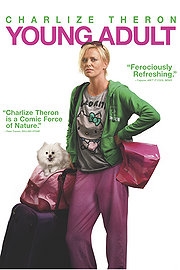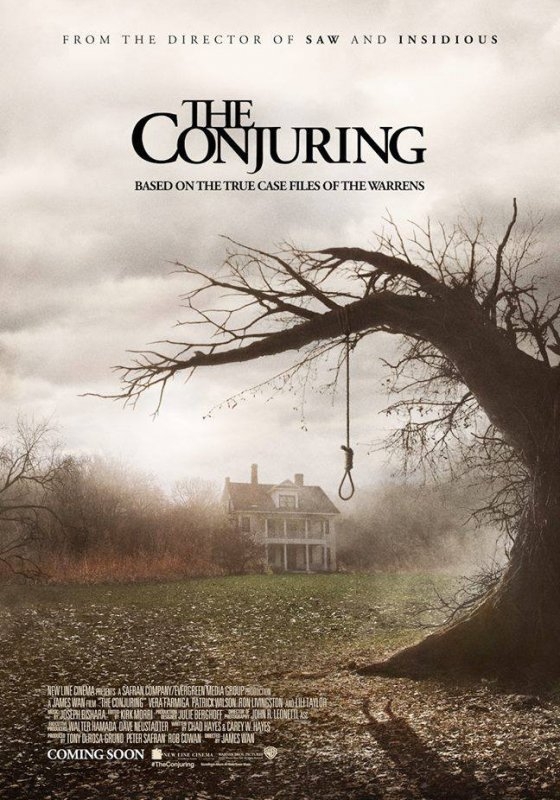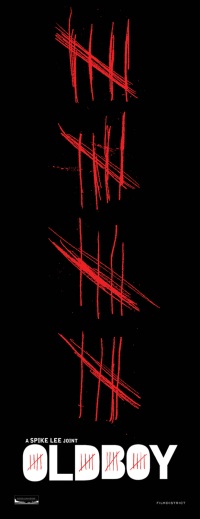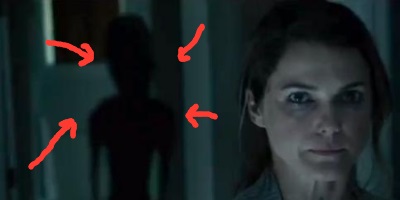Young Adult

Thanks to the glorious, glossy world of the teen-flick, we’re well aware that the popular girl always gets her comeuppance. Justice prevails, the no-hoper gets a hair-cut and a proper bra, the geeky boy ends up being cheered by the football squad and despite the odds, it turns out that prom night is just as magical as they always said. So what happens when justice is lagging behind? Young Adult toys with the classic formula, instead fast-forwarding our hateful beauty queen twenty years after the lessons should have been learnt – safe in the knowledge that, for this girl, High School was one long first-twenty-minutes-of-Mean Girls.
Mavis Gary (Charlize Theron) seems pretty aware that things aren’t going too well. Spending her days trying to squeeze out inane dialogue for the teen-books she ghost writes and her nights boozing – either alone or with entirely disposable men, it seems to come as something of an event when she gets an email she doesn’t expect. It’s from her high-school sweetheart Buddy announcing the birth of his first child, inviting everyone he knows to join him and his wife in celebration back in their old town. Her eyes suddenly alight at Buddy’s name, Mavis leans forward, studying the photo of the baby with open distaste. The world of opportunity open to her aged 18 comes flooding back, and now, aged 37, she decides it’s time to go home and fight for the happy ending she should have had the first time around. And besides, the baby barely looks like Buddy at all. She’d probably doing him a favour.
Of course, such a terrible idea is, generally speaking, followed by plenty of really terrible ideas, and it isn’t long before Mavis finds herself back in her home town, getting tanked with a bloke she used to bully and plotting the downfall of Buddy’s happy family once and for all. For poor Matt, Mavis’ only confidante, her re-appearance is something of a double-edged sword: there’s no denying the beauty that rendered him speechless every day of his youth is still on full form, but there’s certainly no way he’s going to help her achieve her dastardly goal. But with Matt living with his sister, still nursing bitterness at wrongs done to him during his not-so joyful school days and ever so slightly pleased at sudden reversal of power – it could be that Mavis isn’t the only one unable to let go of the past.
God, Charlize Theron is good at this. Sliding effortlessly from simmering siren to lethargic mess to bitter harpy as the scene requires, she approaches the role of Mavis entirely without vanity – the only way to go about playing a character who is entirely consumed by the trait. Whether idly ripping out her own hair (a habit that, like the rest of her problems, can be traced back to her teenage years), flirtatiously ordering yet another round of shots or just staring with dead-eyed aggression at her own reflection – Mavis’ unacknowledged self-hatred permeates every shot, making sure that the comedy written into every scene is always rooted in something darker and far more interesting. Reitman’s direction is satisfyingly brisk, his quick cuts and repeated tropes (the excruciating pedicure scenes, where layers of Mavis’ artifice are unceremoniously scrubbed off only to be reapplied are an especially nice touch) keep the pace moving even as Mavis sinks further and further into a destructive pit of her own making.
If there’s a criticism to be made of Young Adult, it’s that the script is a little indulgent – relying on big set pieces and slightly hyperbolic outbursts that Theron simply doesn’t need in order to get her character across. Making Mavis genuinely mentally ill (the direction Cody chooses to go in) can’t help but take away from the deliciously dark realism of the opening half hour or so – Theron’s genius is all in the pitch-black subtlety, she simply doesn’t need half of what Cody gives her in terms of exposition or rationale. Theron’s Mavis is wonderful because she is a very slightly heightened version of That Girl we all knew; taking her down a cartoonish route of full psychological collapse may feel quite natural in terms of narrative arc, but we can’t help but feel that we – and Theron – have been slightly short-changed in terms of character.
Still, there’s no denying that the nail-polish-bitingly horrible joys of this trage-comedy more than make up for the the slightly out of control final third. Go, enjoy, and when I say enjoy, I mean revel in every excruciatingly horrendous moment. Who needs King Lear when you’ve got the Prom Queen?








Recent Comments